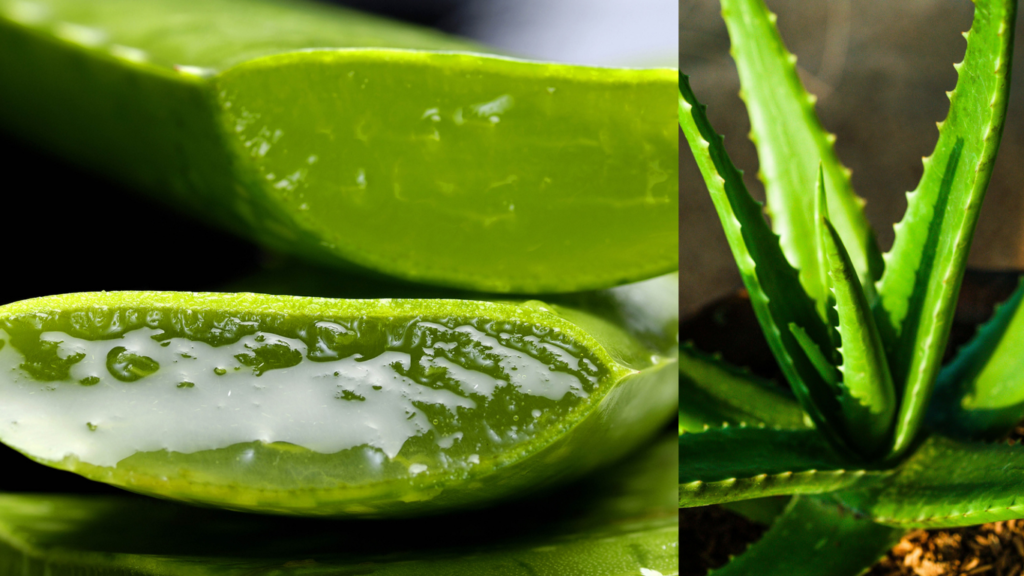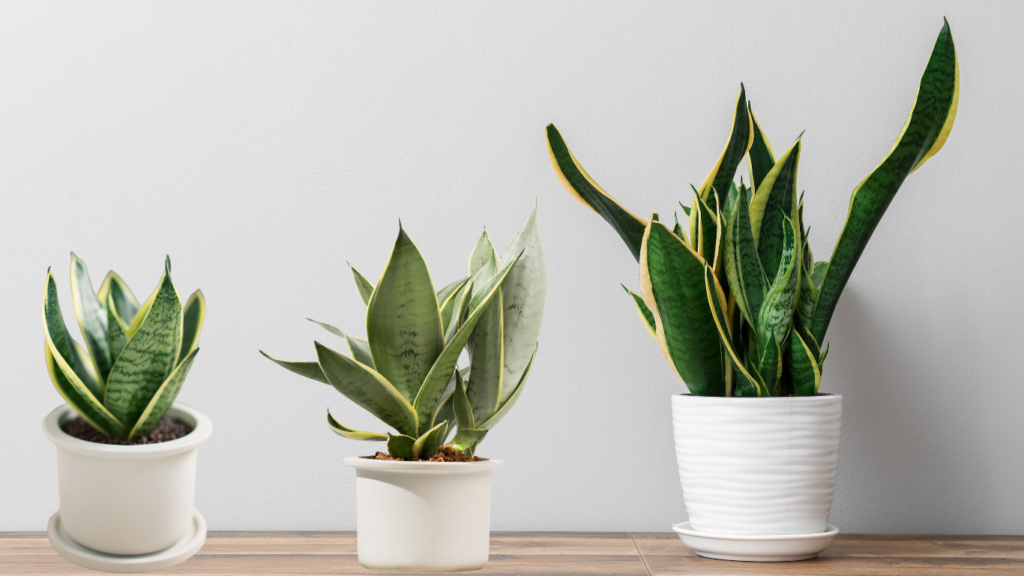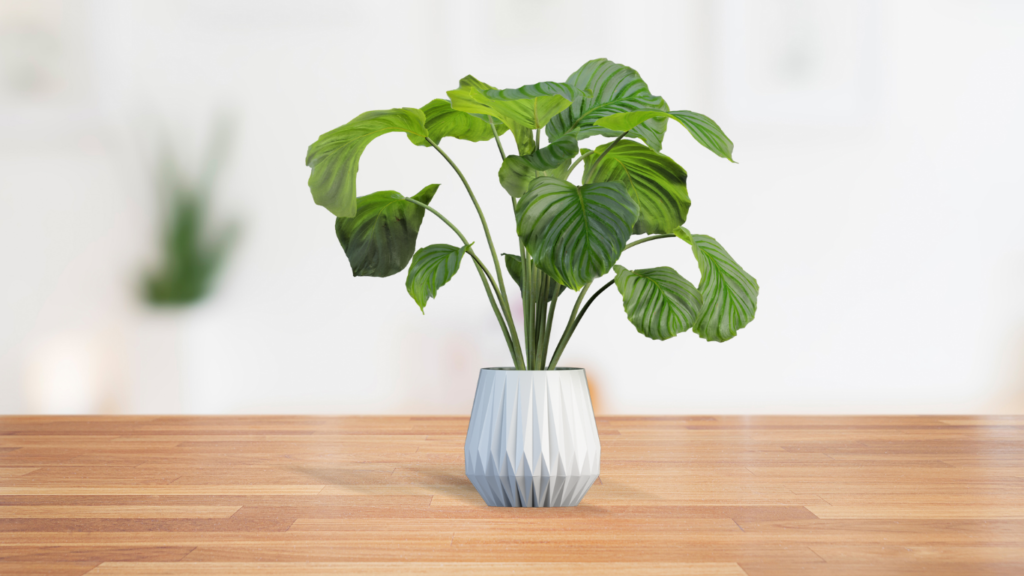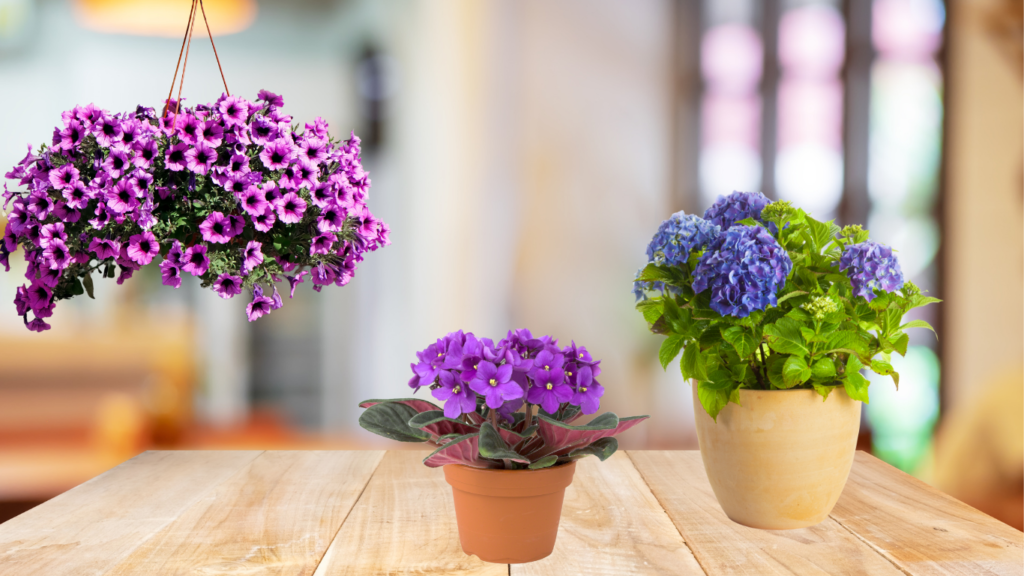Sacred Greenery: The Cultural Meanings Behind African Houseplants
In African homes, greenery is more than decoration — it’s a story. A belief. A tradition rooted in the soil of generations. While modern indoor gardening often focuses on aesthetics or air purification, African house plants carry spiritual, protective, and symbolic meanings that go far beyond their beauty.
In this post, we’ll explore the sacred side of popular African houseplants — what they represent, how they’re used in cultural practices, and why they’re still so cherished in homes across the continent and beyond.
If you’re new to these plants, check out our beginner-friendly guide to African indoor plants to start growing your own greenery with meaning.
Aloe Vera: Healing the Body and the Spirit
In many African cultures, Aloe Vera is more than just a medicinal plant — it’s a spiritual protector. Often planted at the entrance of homes, Aloe is believed to absorb negative energy and protect the household from harm.
Its use extends to traditional healing practices, where its gel is applied not only for burns and skin issues but also during spiritual cleansing rituals. In some communities, it’s tied with red cloth and placed at doors or windows to repel evil spirits.
Snake Plant: Guardian of the Home
Known in parts of Africa as “the sword of protection,” the Snake Plant (also called Mother-in-law’s Tongue) is commonly kept near entryways. Its tall, upright leaves symbolize resilience, alertness, and spiritual defense.
Folklore holds that this plant can ward off jealousy and gossip — making it a staple in homes where peace and harmony are highly valued. It’s not just its hardiness that makes it beloved, but its perceived power to shield the home from unseen energies.
Jade Plant: Wealth, Luck, and Ancestors
While the Jade Plant is more commonly associated with Chinese traditions, it’s also valued in some African households — especially in southern regions — as a plant of prosperity. With its round, coin-like leaves, it’s often placed in workspaces or family areas to attract wealth and good fortune.
In ancestor-honoring rituals, green and thriving plants like the Jade are sometimes placed near altars as a sign of respect, life, and continuity.
African Violet: Symbol of Tenderness and Care
The African Violet, native to Tanzania and Kenya, carries a quieter symbolism. Known for its delicate, soft petals and constant blooming, it represents maternal care, affection, and patience.
In some communities, gifting an African Violet is a way to express gratitude or honor a nurturing relationship — especially between mother and child. Its ability to bloom repeatedly with proper care is often likened to the steady love of family.
The Spiritual Placement of Plants in the Home
In many African households, where a plant is placed is just as meaningful as which plant it is. Entrances are for protection. Kitchens are for healing and nourishment. Bedrooms hold plants that support rest and emotional clarity.
Even today, these traditions continue — sometimes subtly, sometimes proudly — in both rural and urban homes. They serve as reminders of nature’s presence, the ancestors’ guidance, and the belief that harmony can be cultivated as surely as a thriving leaf.
Why These Beliefs Still Matter
As people across the world reconnect with plant life, African houseplants offer something unique: a sense of story. These aren’t just easy-to-grow greens — they’re plants with purpose. They symbolize safety, strength, resilience, and the unseen bond between the physical and spiritual worlds.
For those growing African plants today, knowing these cultural roots adds another layer of connection. It transforms daily care — watering, pruning, propagating — into something deeper. A quiet tradition carried forward, leaf by leaf.
For more inspiration, explore our favorite African indoor plants that bring bold beauty and unique character to any space.

ALOE VERA
SNAKE PLANTS

ZZ PLANTS

AFRICAN VIOLET

Want to Grow Your Own?
If you’re curious to bring this meaningful greenery into your space, visit our full guide on African indoor plants — featuring beginner-friendly picks, care tips, and inspiration to start your journey.
 FAQs: Sacred Greenery & African Houseplants
FAQs: Sacred Greenery & African Houseplants
Q1. Do African houseplants really have spiritual meanings?
Yes, many African plants are tied to cultural beliefs and traditions. Aloe Vera, Snake Plant, and others are often used for protection, healing, and prosperity in different African communities.
Q2. Is it okay to grow these plants without knowing their cultural background?
Absolutely. But learning about the cultural significance adds depth and respect to your care for them. It also helps you understand their traditional placement in the home.
Q3. What African plant is best for beginners?
Snake Plant is a top pick — it’s low-maintenance, thrives in low light, and carries strong symbolic meaning. Aloe Vera is another great starter with both healing and spiritual value.
Q4. Can I mix African plants with other cultural plants at home?
Yes! Plants from different traditions can coexist beautifully. Just be mindful of care needs and, if possible, the meaning behind each one to create a more intentional space.
Q5. Are these beliefs still followed today?
Many people across Africa and in the diaspora continue to honor these plant traditions. Even if the spiritual aspect is more subtle now, the respect for the symbolism remains strong.
 Quick Tips for Honoring Cultural Meaning in Your Plant Space
Quick Tips for Honoring Cultural Meaning in Your Plant Space
- Place Aloe Vera near entryways for protection and energy cleansing.
- Don’t overcrowd sacred plants — give them breathing space to be noticed.
- Pair plants with intention, such as placing a Snake Plant near the front door and a Jade Plant in your workspace.
- Use natural planters like clay or terracotta to stay closer to traditional African planting styles.
- Research your plant’s native origin — knowing where it comes from can help you care for it in the most authentic way.
Sacred Greenery in a Spanish Apartment
When I was living in Spain for a few months, I noticed something interesting. The local markets in Barcelona had a surprising number of African plants — especially Aloe Vera and Snake Plants. I ended up buying a small Snake Plant from a street vendor, mostly because it reminded me of home.
What I didn’t expect was how grounding it felt. That little corner of greenery gave my rented apartment a strange sense of safety and familiarity — even though I was far from home. I placed it near the window, and every time I watered it, it felt like I was watering a bit of tradition too.
Later, I learned from a friend of Senegalese heritage that her family in Dakar does the same — they place Snake Plants by the front door for protection. It was a full-circle moment that made me realize how deeply rooted these traditions really are.
